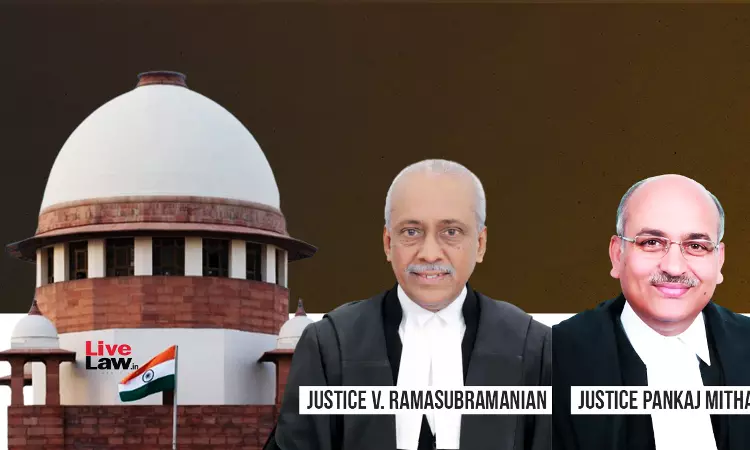The Supreme Court recently set aside a condition imposed by the Delhi High Court which had allowed a victim of domestic violence to lead evidence during trial subject to payment of Rs.20,000 per witness.A Bench of Justices V Ramasubramanian and Pankaj Mithal held that it’s not open for Courts to place such “onerous conditions”. Apart from being impermissible in law, the condition is...

